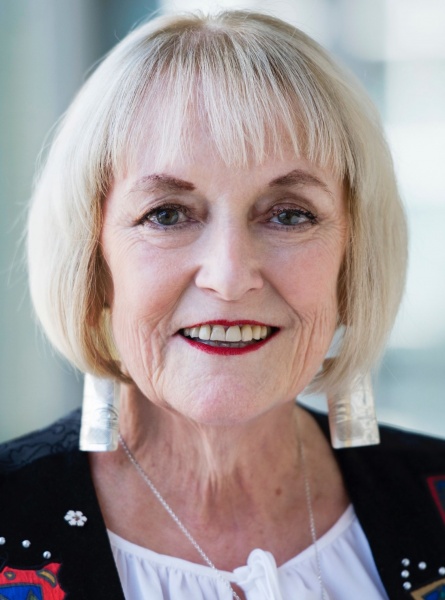Trust in peer review
September sees the sixth Peer Review Week taking place (21 - 25 September), which has now become something of an established fixture in the research community calendar. The theme for this year is ‘trust’; a focus which resonates strongly with the core values and goals of COPE, going hand in hand with ethical reliability and responsible leadership.
COPE’s commitment to Peer Review Week is an interactive, virtual workshop with break out groups to discuss real cases raised by COPE members to identify issues in peer review and how to handle them. This is a new format for COPE and the response has been so successful that we currently have a full registration and a wait list. Given the popularity of the workshop, we plan to extend this format to other discussion topics of interest to our membership.
In our mission to promote integrity in scholarly research publication and create a future in which ethical practices are the cultural norm, we hope to raise the trustworthiness of publications in tangible ways; from our Ethical Guidelines for Peer Reviewers, to recent survey results on editing reviewer comments, through expanding our resources in response to the needs of arts and humanities editors, to supporting initiatives that enhance diversity and inclusion.
Chief among the initiatives and resources COPE has developed to enhance trust in the peer review and publishing process are the Ethical Guidelines for Peer Reviewers, which are available in English, Spanish, and Chinese, to broaden their global use.
The introduction to these guidelines opens with the statement ‘The peer review process depends to a large extent on the trust and willing participation of the scholarly community and requires that everyone involved behaves responsibly and ethically.'
Community minded, ethically conscious reviewing is a quality that not only avoids compromising situations but strives to improve trust in the process, individual reviews, and their contributions to the research itself.
We look to further promote trust in reviewing and publishing by asking communities what support they need from us and responding in a collaborative manner. Our 2019 Arts, Humanities, and Social Sciences study identified the need for specific support and guidelines in these fields, particularly around mediating the politics and logistics of peer review, addressing abuse, and handling conflicting comments. We are currently working on a new discussion document, to provide an introduction to some of the issues around language, politics and expertise in peer review that appear to be particularly germane to the Humanities and Social Sciences.
The responsibilities editors have in mediating communications was addressed in our survey Editing of reviewer comments, and aligns with concepts of trust in peer review, “not only to the peer reviewers who typically volunteer the time and knowledge but also to the authors, who reasonably should expect non-conflicted, thoughtful, unbiased, thorough reviews of the work in question and to not be subjected to hostile or personal attacks.'
A welcoming, supportive, collaborative environment, free from hostility, was highlighted in Andy Hor and Charon Pierson’s 2018 podcast on training early career researchers within a culture of diversity and inclusivity.
Our wholehearted thanks go to all peer reviewers. Your time and expertise is essential in the pursuit of research integrity. As a global community, we do not always recognise and reward this essential contribution, and Peer Review Week is one way of doing this.
Many organisations and individuals are getting involved in Peer Review Week and you can join the discussion on Twitter @PeerRevWeek using the hashtags #TrustInPeerReview and #PeerRevWeek20.
 COPE Chair Deborah Poff, CM, PhD
COPE Chair Deborah Poff, CM, PhD